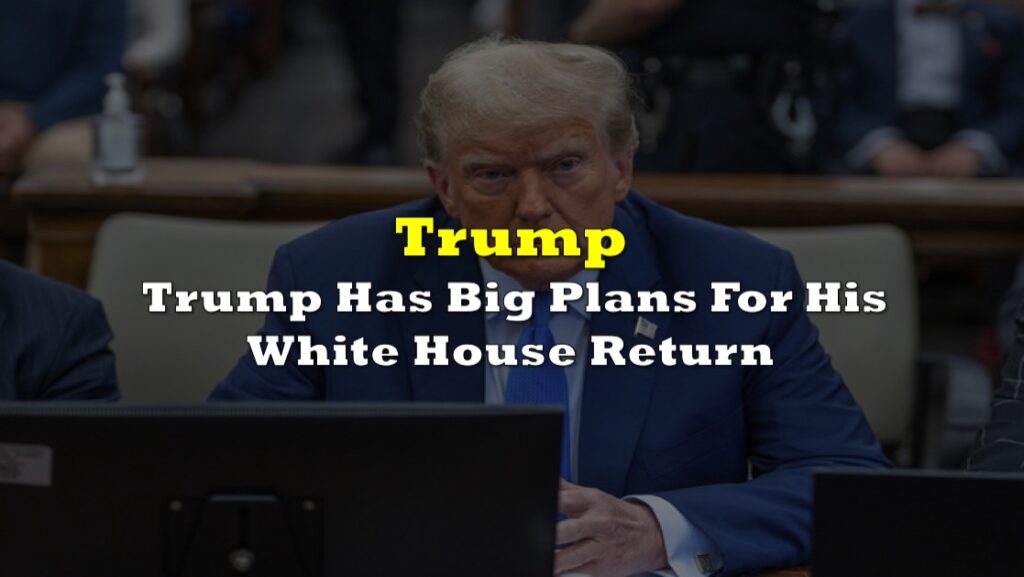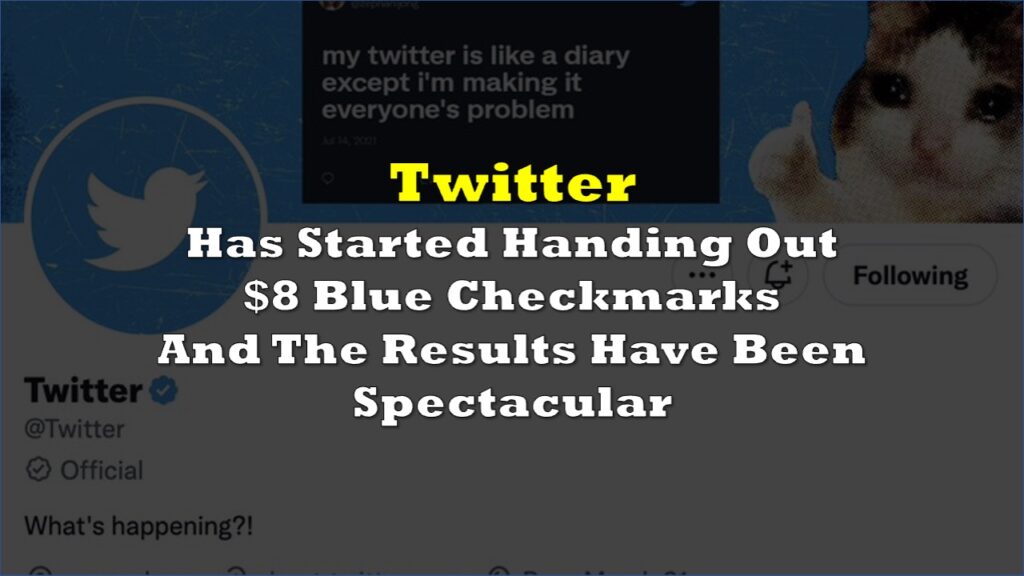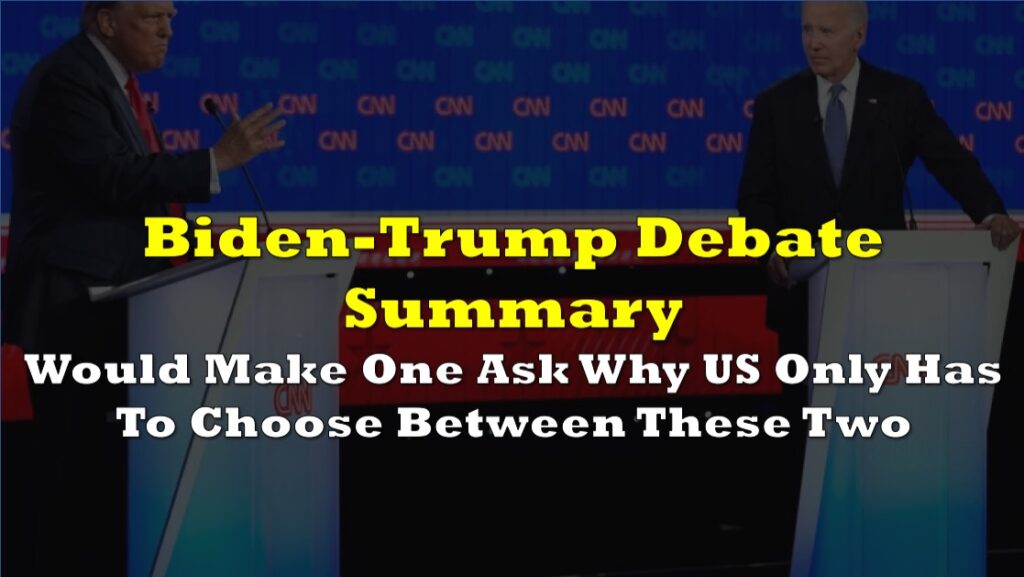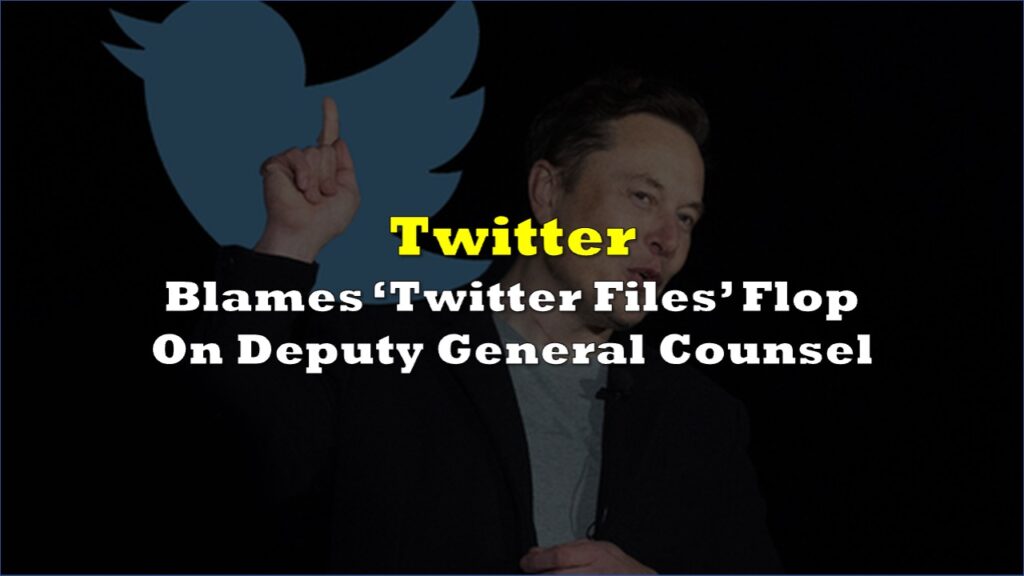Former U.S. President Donald Trump unveiled a significant proposal during a speech on Thursday at the Economic Club of New York, pledging to create a government efficiency commission if re-elected in November. The proposed commission, which Tesla and X CEO Elon Musk has reportedly agreed to lead, would focus on conducting a full audit of the federal government and identifying “trillions” of dollars in cuts to government spending.
Trump described the proposal as essential for restoring fiscal responsibility, claiming that the country cannot continue “the way we are now.” He emphasized that the commission’s primary goal would be eliminating fraud, waste, and improper payments across government agencies, predicting that this could lead to monumental savings without sacrificing public services.
However, the former president has provided little specific detail on what areas would be targeted for cuts, leaving many experts skeptical.
Trump’s plan for a commission led by Musk was inspired by recent discussions between the two on X, where Musk suggested forming such a group to tackle government inefficiency and inflation.
“I’d love it,” Trump said in response to Musk’s suggestion. During his speech, Trump reiterated that Musk had given him a “complete and total endorsement,” but the Tesla CEO has not made any public statements confirming this endorsement.
While Trump claims this commission could identify trillions in waste, budget experts from across the political spectrum doubt the feasibility of such a figure. Marc Goldwein, senior policy director at the Committee for a Responsible Federal Budget, expressed skepticism, noting that eliminating fraud and improper payments could not generate the scale of savings Trump is suggesting. Goldwein pointed out that many of the largest federal spending programs, such as Social Security, Medicare, and defense, would need to be included in the commission’s review to make any substantial cuts.
“We’ve heard these promises before, that simply cutting waste and abuse will lead to massive savings. But in practice, it’s often an excuse to avoid making the tough decisions,” Goldwein said.
Moreover, critics have questioned why Trump did not act more decisively on government inefficiency during his first term.
“If Trump is so confident that trillions can be saved, why not demonstrate where these cuts would come from now, instead of waiting until after the election?” asked Jeff Stein, a reporter for The Washington Post.
One way to convince the country that a Trump-Musk commission could identify trillions of federal programs to cut would be to publicly identify … any of them?
— Jeff Stein (@JStein_WaPo) September 5, 2024
Trump has been running for election or president for 8 years.
Where are the trillions of dollars in "waste" to cut…
Economic proposals and corporate tax cuts
In addition to the commission, Trump announced other key economic policies, including a proposal to reduce the corporate tax rate to 15%, a further reduction from the 21% rate established by his 2017 tax reform. However, Trump specified that this reduction would only apply to companies that manufacture goods in the U.S., a policy aimed at discouraging offshoring and outsourcing. Businesses that continue to move operations overseas would face substantial tariffs on imported goods.
“If you outsource, offshore, or replace American workers, you are not eligible for these benefits,” Trump said, adding that the corporate tax cuts would drive economic growth and bring manufacturing jobs back to the U.S.
Trump’s proposed reduction in the corporate tax rate follows his long-standing position that such cuts stimulate economic activity. While his 2017 tax law reduced the corporate tax rate from 35% to 21%, the economic impact remains a subject of debate. Proponents argue that it led to increased investment and job creation, while critics point out that it significantly increased the federal deficit and primarily benefited wealthy individuals and corporations.
Trump also outlined several proposals to tackle the country’s housing crisis, which has been exacerbated by rising mortgage rates and limited housing supply. He announced plans to remove regulatory barriers that increase construction costs, with the goal of cutting the cost of new homes in half. Additionally, Trump promised to open federal land for large-scale housing projects in low-tax, low-regulation zones.
One of the most controversial aspects of Trump’s housing plan is his proposal to ban mortgages for undocumented immigrants. Trump claimed that “illegal aliens” are driving up housing costs by inflating demand. However, data from the Urban Institute suggests that undocumented immigrants constitute a tiny fraction of the mortgage market. In 2023, only around 5,000 to 6,000 mortgages were issued to holders of Individual Taxpayer Identification Numbers (ITINs), individuals who are not eligible for Social Security numbers but still pay taxes.
“This proposal is more political theater than an actual solution to the housing crisis,” said Laurie Goodman, an expert on housing finance at the Urban Institute. “Undocumented immigrants are not a significant factor in the mortgage market.”
Another headline from Trump’s speech was his bold promise to lower gasoline prices to below $2 per gallon. Trump claimed that by slashing environmental regulations and increasing domestic oil production, his administration would bring energy costs down for consumers.
However, energy experts are doubtful about the feasibility of such a plan. Andy Lipow, president of Lipow Oil Associates, warned that achieving gasoline prices below $2 would likely require a major global economic downturn, similar to what occurred during the height of the COVID-19 pandemic when global demand for oil collapsed.
“You would need a significant economic downturn across the world that substantially impacts demand,” Lipow explained to CNN. “That’s what it took to bring gasoline under $2 during COVID.”
Repealing Biden and contrasting Harris
Trump also took aim at the Inflation Reduction Act, a landmark piece of legislation passed under the Biden administration that allocated billions in climate change investments and IRS enforcement funding. Trump vowed to rescind all unspent funds from the act if re-elected, claiming that these funds represent unnecessary government spending.
The Inflation Reduction Act allocated $80 billion to the IRS over a 10-year period, with the goal of increasing tax enforcement, particularly on wealthy individuals and large corporations. Although Republicans have repeatedly criticized this funding, arguing that it would lead to an “army of 87,000 new IRS agents,” this claim has been widely debunked. In reality, the funds are intended to improve customer service, modernize IRS systems, and enhance enforcement efforts.
Budget experts, including the Congressional Budget Office, have cautioned that cutting IRS funding would likely increase the federal deficit, as the agency would be less able to collect unpaid taxes from high earners.
“Reduced enforcement means more tax cheats going unpunished, which ultimately means less revenue,” Goldwein explained.
Trump’s Thursday speech marked a clear effort to draw contrasts between his economic vision and that of Vice President Kamala Harris, who is also running for president. Harris has focused her recent economic proposals on helping working- and middle-class Americans, including measures to make housing, healthcare, and child-rearing more affordable.
With both campaigns emphasizing the economy as a central issue, voters in key battleground states will likely be weighing which candidate can best address inflation, taxes, and job creation in the run-up to the November election. As of now, economic issues remain top of mind for many voters, with recent polling showing the economy as the number one concern in several swing states.
Information for this story was found via CNN and the sources and companies mentioned. The author has no securities or affiliations related to the organizations discussed. Not a recommendation to buy or sell. Always do additional research and consult a professional before purchasing a security. The author holds no licenses.









